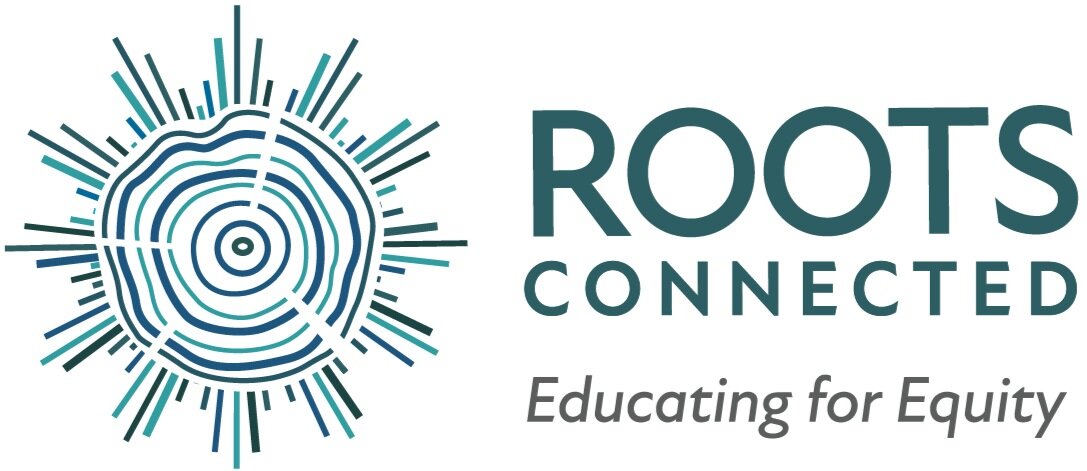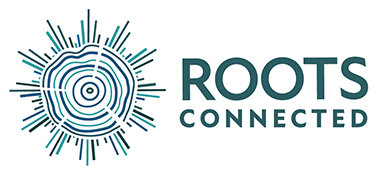Self-Regulation and Sensory Support for the Inclusive Classroom
Inclusion is “not a place” and students are better able to get what they need in meaningful ways in the inclusive classroom, including highly effective and specialized supports for self-regulation. Participants will learn how their mindset can affect their interactions with students as well as learn about helpful tools, programs and systems to support student need. Establishing an inclusive foundation in your classroom will impact the way students care for each other and engage in rigorous and meaningful learning and work with each other.

